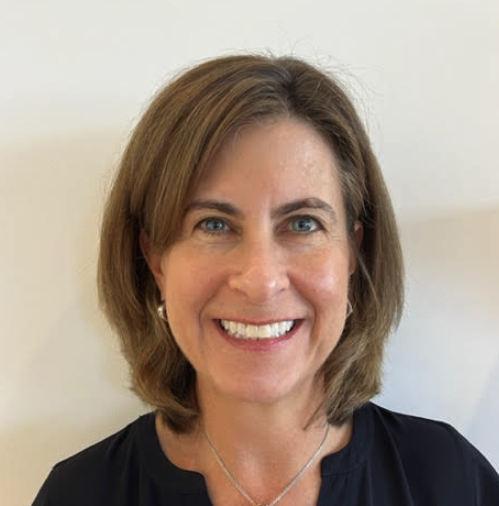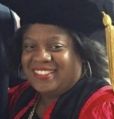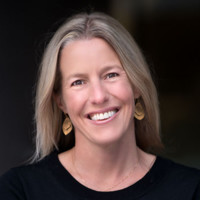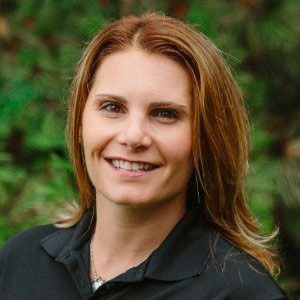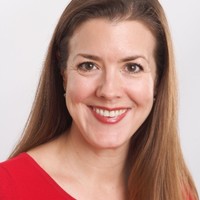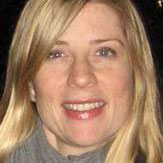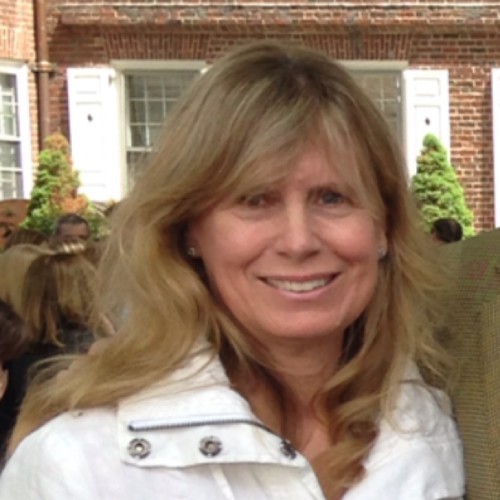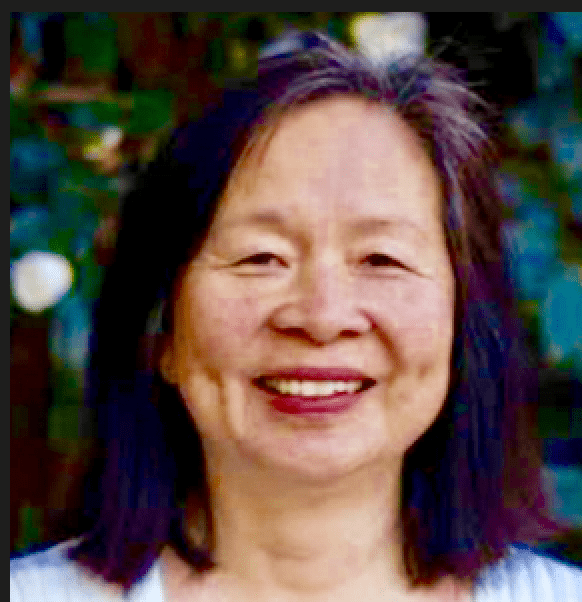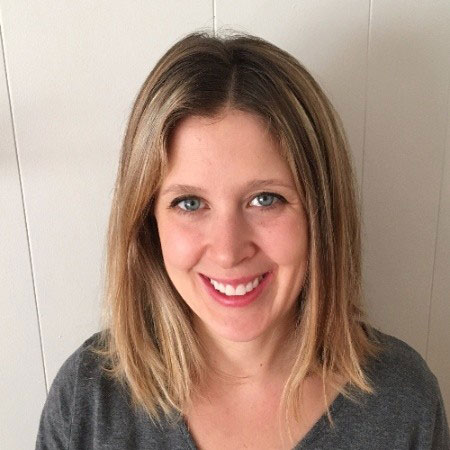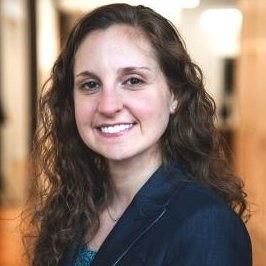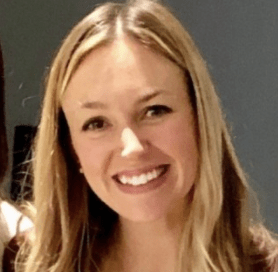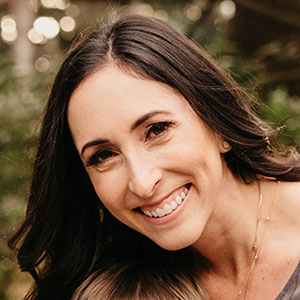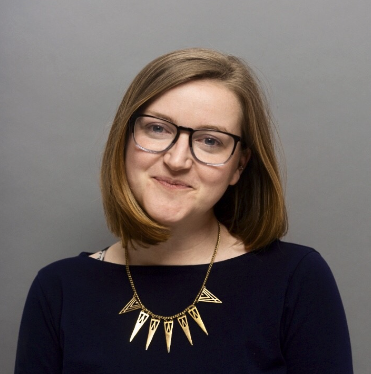
This past weekend was International Women’s Day, which gave us a perfect opportunity to discuss targeted strategies for female MBA applicants. As an MBA, entrepreneur, and businessperson, Stacy Blackman knows that women can more than handle business school and the application process just as well or better than anyone. Stereotypes do persist, however. In reality, women pursuing graduate management education are still underrepresented on campus.
Curious about your chances of getting into a top b-school? Contact us to talk strategy with a free 15-minute advising session with an SBC Principal Consultant.
MBA Enrollment Outlook in 2025
Thankfully, the outlook has improved over the past decade. 2024 was a solid year for women enrolled in full-time MBA programs, according to the latest report by Forté Foundation. The nonprofit, founded to boost women’s opportunities in business leadership through access to business education and professional development, reported a steady 42% of women’s MBA enrollment at their 61 member schools.
Women currently comprise 45% of Harvard Business School’s Class of 2026. They also represented 47% of the incoming class at the University of Pennsylvania’s Wharton School. Stanford Graduate School of Business reported female enrollment at 44% for the Class of 2026. Meanwhile, a record eight schools reached gender parity in 2024. Of the M7 business schools, you’ll find Duke Fuqua (51%) and Kellogg (50%) on that list, with MIT Sloan just a tick away at 49%.
Key highlights of Forté’s 2024 report include:
- Women’s enrollment in full-time MBA programs in Fall 2024 held steady at 42%, up from 41% in 2022, 38% in 2018, and 34% in 2013.
- For the first time in Forté’s history, eight business schools reached gender parity, with 11 following closely behind. In 2022, three schools achieved gender parity, but only one in 2018.
- Four B-schools came close at 44%—Dartmouth Tuck, Columbia, Stanford, and BU’s Questrom School of Business.
- Forté’s non-US schools saw a slight increase of less than a half percentage point in women’s
enrollment this fall, with over half reporting an increase. While historically, non-US schools have had a lower percentage of women enrolled on average, non-U.S. and U.S. schools are now equally matched at an average of 42%.

“We will continue to pull out all the stops to ensure we reach gender parity in MBA enrollment,”
said Elissa Sangster, Forté’s CEO. “Countless research shows that diversity has a positive impact on the bottom line and investors recognize this, too. Having more women pursue an MBA helps to ensure they have the education needed to become senior leaders at companies and on boards.”
Business schools have ramped up their efforts to recruit and groom future women leaders. Some male-dominated career paths, such as investment banking, need more women on board. Therefore, women in MBA programs targeting finance may have an advantage over one pursuing a role in brand management. This is true in the MBA admissions process and the job search.
If you’re a woman planning on pursuing an MBA, make sure to take advantage of every available opportunity. A great place to start is at a workshop event for women hosted by the program you’re considering.
While you’ll also want to attend general information sessions, these diversity events can help shape your school selection process. You’ll meet and network with other prospective students, current students, alumni, and faculty. You can also ask questions about the specific opportunities for women in the MBA program.

Self-Confidence is Key for Female MBA Applicants
Now, for the $64,000 question: Are there specific tips and tactics just for women who are applying to business school? These tips won’t apply to every female applicant. However, certain demographic stereotypes persist, and awareness of these red flags makes good sense.
We have worked with several clients whose recommenders received calls from the admissions committee to probe specific points. In particular: “Is the applicant confident, will she speak up in class discussions, is she timid, etc…” Almost all of these anecdotes have occurred with female clients.
Female MBA applicants must ensure they exude confidence when putting their materials together. The admissions committee shouldn’t doubt whether the applicant will raise her hand and contribute to the classroom discussions that form a crucial part of the MBA learning experience. Essays, interviews, and recommendation letters should indicate a high comfort level with speaking out, defending points of view, and collaborating with all types of people.
Another area of potential weakness, particularly for women who majored in the liberal arts as an undergrad, is demonstrating strong quantitative skills. The admissions committee wants to ensure you can handle the MBA course load. A solid GMAT score, supplemented by additional finance, calculus, or statistics classes taken at the local community college, will prove you have the bona fides to succeed.
Partner with Stacy Blackman’s best-in-class GMAT and GRE experts and increase your score significantly. Check out our test prep services here. Request a free game plan chat with SBC’s lead test prep coach by emailing testprep@stacyblackman.com.
Try not to become intimidated by all the amazing things your fellow applicants have accomplished, and second-guess the value of your strengths and experiences. Focus instead on what makes you unique and how you plan on contributing to the MBA community once admitted.
During the MBA interview, female candidates frequently begin their answers with a disclaimer that reveals their insecurities and detracts from the positive information that follows. Don’t downplay achievements for fear of coming across as bragging. There’s a difference between boasting and conveying your skills and accomplishments with pride. Confidence without attitude is what you’re aiming for.

Don’t let the expense scare you off.
Finally, women shouldn’t let the financial expense of business school be a barrier to pursuing an MBA degree. Look into all the resources—loans, scholarships, employee sponsorships, fellowships, and work-study options—that can offset the high cost of an MBA.
Take the long view of the return on investment your target schools provide. Many candidates find they can pay off their student debt within five years of graduating. Attending almost any business school is possible with the right financial aid package.
Despite some barriers, real or perceived, women considering business school should know that an MBA is one of the best ways to transform their careers by giving them the skills and knowledge necessary to succeed.
***
Are you a woman interested in pursuing a graduate management education? Stacy Blackman Consulting offers multiple services to meet your MBA application needs! From our All-In Partnership to interview prep, essay editing, resume review, and much more, we’ve got you covered. Contact us today for a free 15-minute advising session to talk strategy with a Principal SBC consultant.
Here’s a snapshot of the caliber of expertise on our SBC team.
Ashley
Ashley is a former MBA Admissions Board Member for Harvard Business School (HBS), where she interviewed and evaluated thousands of business school applicants for over a six year tenure. Ashley holds an MBA from HBS. During her HBS years, Ashley was the Sports Editor for the Harbus and a member of the B-School Blades Ice Hockey Team. After HBS, she worked in Marketing at the Gillette Company on Male and Female shaving ...
×Pauline
A former associate director of admissions at Harvard Business School, Pauline served on the HBS MBA Admissions Board full-time for four years. She evaluated and interviewed HBS applicants, both on-campus and globally. Pauline's career has included sales and marketing management roles with Coca-Cola, Gillette, Procter & Gamble, and IBM. For over 10 years, Pauline has expertly guided MBA applicants, and her clients h ...
×Laura
Laura comes from the MBA Admissions Board at Harvard Business School (HBS) and is an HBS MBA alumnus. In her HBS Admissions role, she evaluated and interviewed hundreds of business school candidates, including internationals, women, military and other applicant pools, for five years. Prior to her time as a student at HBS, Laura began her career in advertising and marketing in Chicago at Leo Burnett where she worked on th ...
×Andrea
Andrea served as the Associate Director of MBA Admissions at Harvard Business School (HBS) for over five years. In this role, she provided strategic direction for student yield-management activities and also served as a full member of the admissions committee. In 2007, Andrea launched the new 2+2 Program at Harvard Business School – a program targeted at college junior applicants to Harvard Business School. Andrea has also served as a Career Coach for Harvard Business School for both cu ...
×Jennifer
Jennifer served as Admissions Officer at the Stanford (GSB) for five years. She holds an MBA from Stanford (GSB) and a B.S. in Chemical Engineering from University of Illinois Urbana-Champaign. Jennifer has over 15 years experience in guiding applicants through the increasingly competitive admissions process into top MBA programs. Having read thousands and thousands of essays and applications while at Stanford (GSB) Admiss ...
×Erin K.
Erin served in key roles in MBA Admissions--as Director at Haas School of Business at UC Berkeley and Assistant Director at Stanford's Graduate School of Business (GSB). Erin served on the admissions committee at each school and has read thousands of applications in her career. At Haas, she served for seven years in roles that encompassed evaluation, outreach, and diversity and inclusion. During her tenure in Admissions at GSB, she was responsible for candidate evaluation, applicant outreach, ...
×Susie
Susie comes from the Admissions Office of the Stanford Graduate School of Business where she reviewed and evaluated hundreds of prospective students’ applications. She holds an MBA from Stanford’s GSB and a BA from Stanford in Economics. Prior to advising MBA applicants, Susie held a variety of roles over a 15-year period in capital markets, finance, and real estate, including as partner in one of the nation’s most innovative finance and real estate investment organizations. In that r ...
×Dione
Dione holds an MBA degree from Stanford Business School (GSB) and a BA degree from Stanford University, where she double majored in Economics and Communication with concentrations in journalism and sociology. Dione has served as an Admissions reader and member of the Minority Admissions Advisory Committee at Stanford. Dione is an accomplished and respected advocate and thought leader on education and diversity. She is ...
×Anthony
Anthony served as the Associate Director of MBA Admissions at the Wharton School at the University of Pennsylvania, where he dedicated over 10 years of expertise. During his time as a Wharton Admissions Officer, he read and reviewed thousands of applications and helped bring in a class of 800+ students a year. Anthony has traveled both domestically and internationally to recruit a ...
×Meghan
Meghan served as the Associate Director of Admissions and Marketing at the Wharton MBA’s Lauder Institute, a joint degree program combining the Wharton MBA with an MA in International Studies. In her role on the Wharton MBA admissions committee, Meghan advised domestic and international applicants; conducted interviews and information sessions domestically and overseas in Asia, Central and South America, and Europe; and evaluated applicants for admission to the program. Meghan also managed ...
×Amy
Amy comes from the Wharton School of the University of Pennsylvania where she was Associate Director. Amy devoted 12 years at the Wharton School, working closely with MBA students and supporting the admissions team. During her tenure at Wharton, Amy served as a trusted adviser to prospective applicants as well as admitted and matriculated students. She conducted admissions chats with applicants early in the admissions ...
×Ally
Ally brings six years of admissions experience to the SBC team, most recently as an Assistant Director of Admission for the full-time MBA program at Columbia Business School (CBS). During her time at Columbia, Ally was responsible for reviewing applications, planning recruitment events, and interviewing candidates for both the full-time MBA program and the Executive MBA program. She traveled both internationally and dome ...
×Erin B.
Erin has over seven years of experience working across major institutions, including University of Pennsylvania, Columbia Business School, and NYU's Stern School of Business. At Columbia Business School, Erin was an Assistant Director of Admissions where she evaluated applications for both the full time and executive MBA programs, sat on the admissions and merit scholarship committees and advised applicants on which program might be the best fit for them based on their work experience and pro ...
×Emma
Emma comes from the MBA Admissions Office at Columbia Business School (CBS), where she was Associate Director. Emma conducted dozens of interviews each cycle for the MBA and EMBA programs, as well as coordinating the alumni ambassador interview program. She read and evaluated hundreds of applications each cycle, delivered information sessions to audiences across the globe, and advised countless waitlisted applicants. ×
Kate
Kate served in the MBA Admissions Office at Columbia Business School for over five years. In her capacity as an Associate Director, Kate advised applicants daily and reviewed hundreds of applications per cycle. She was also an applicant interviewer, a liaison to other offices within the School, and a CBS representative at events around the world. Kate managed several recruiting and operational projects for the Admissions Committee. After Columbia Business School, Kate transitioned into cam ...
×Holly
Holly worked as a member of the NYU Stern MBA Admissions team for seven years and holds an MBA from NYU Stern. In her tenure as Director of NYU MBA Admissions, Holly worked closely with admissions teams from Columbia, Michigan Ross, UVA Darden, Cornell Johnson, Berkeley Haas, Yale SOM, and Duke Fuqua on recruiting events domestically and internationally. On the NYU Stern admissions committee, Holly conducted interviews, planned and hosted events, and trained staff on reading and interviewi ...
×The post Targeted Strategies for Female MBA Applicants appeared first on Stacy Blackman Consulting - MBA Admissions Consulting.
